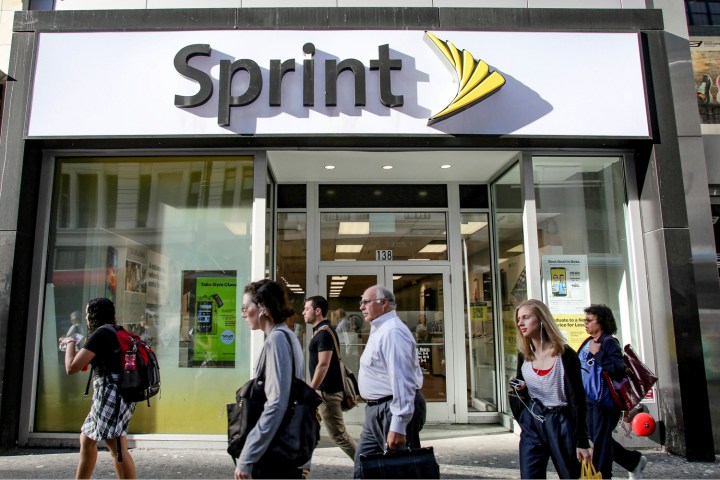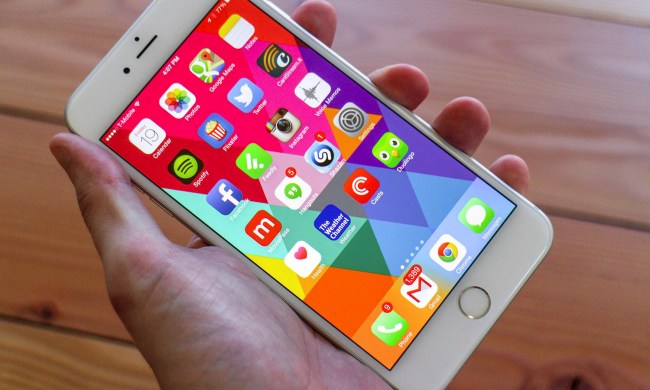
The terms of the proposal included the creation of a new publicly traded company controlled by SoftBank that would be an amalgamation of Sprint and Charter. If that were to happen, the new company would combine the fourth-largest American wireless carrier with the second-largest American cable company, creating a wireless media behemoth. But for now, that is not to be.
Of course, that doesn’t mean that anything is completely off the table. According to Fox Business, both Comcast and Charter have been eyeing the ailing wireless carrier for the past several months.
According to Fox, Sprint chairman Masayoshi Son has shelved merger talks with T-Mobile, which were ongoing. Two months, ago, it entered a two-month exclusivity agreement for discussions with Charter and Comcast. It’s the result of a truce between the two cable giants. In May, Charter and Comcast agreed not to close a wireless deal without the other’s blessing or participation.
That exclusivity agreement has since ended.
The two service providers were reportedly mulling over whether to invest in improving Sprint’s network in exchange for “favorable terms” to sell subscriptions through the carrier’s channels. (Fox notes that Charter and Comcast have a similar arrangement with Verizon, but that the Sprint could offer much better rates). As part of the proposed agreement, Charter and Comcast would take an equity stake in Sprint’s wireless business.
Another, less likely, proposal on the table is an outright merger. According to Fox Business, Charter and Comcast have discussed jointly acquiring Sprint, which has a market value of $32 billion.
It’s a 180-degree turn for Sprint, which as recently as June was said to be in acquisition talks with Deutsche Telekom, T-Mobile’s parent company. German newspaper Handelsblatt reported that the company sought an all-stock deal to bolster T-Mobile’s marketing strategy.
When rumors of the merger were reported months ago, SoftBank — Sprint’s parent company — backed off, reportedly because of strict U.S. Federal Communications Commission rules prohibiting rival carriers from conspiring during airwave auctions. And back in 2014, Sprint ultimately abandoned an acquisition due to antitrust regulatory pressure. AT&T’s attempt to buy T-Mobile back in 2011 failed for similar reasons.
There’s a chance Sprint’s cable company discussions won’t disrupt its long-term T-Mobile plans. Fox Business reports that a reseller agreement with Charter and Comcast “wouldn’t preclude” a subsequent merger.
Whatever the end deal’s terms, Sprint stands to benefit. It’s consistently been playing catch-up with rival carriers AT&T, Verizon, and T-Mobile, last year taking last place in all categories of OpenSignal’s network test. T-Mobile, on the other hand, expanded 4G coverage to 81.2 percent of the U.S. — neck and neck with AT&T at 82.6 percent.
T-Mobile’s relative success over the past two years makes the prospect of a merger seem all the more likely. When discussions began in 2014, Sprint was in third, and T-Mobile was valued at $20 billion less than it is today. According to data from February, T-Mobile now claims roughly 10 million more customers than Sprint.
Update: Charter has declined a merger proposal from Sprint.


